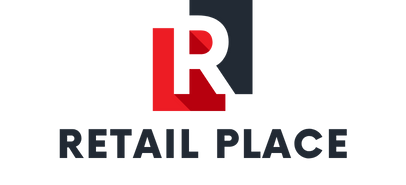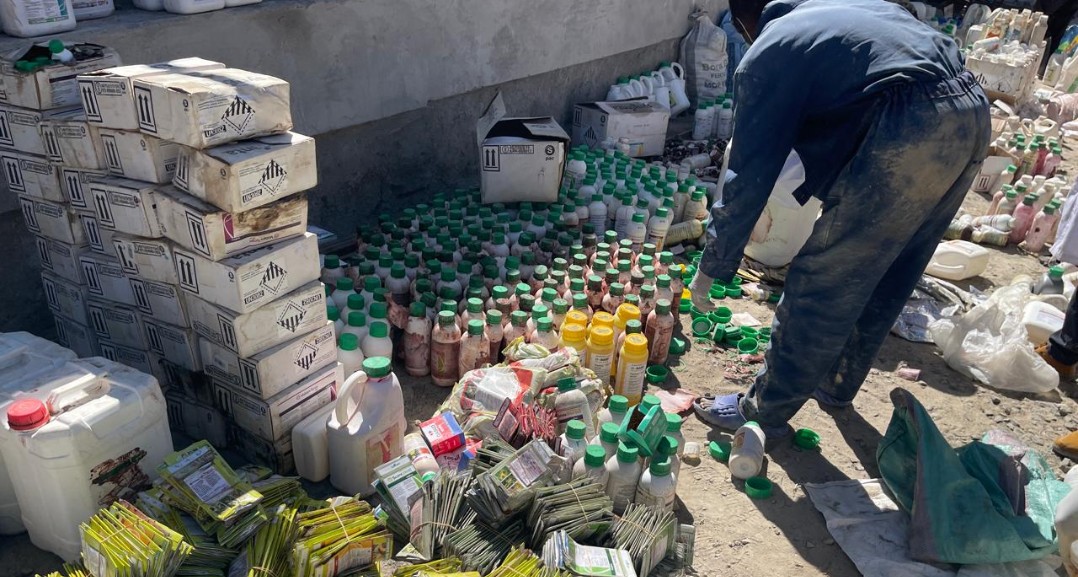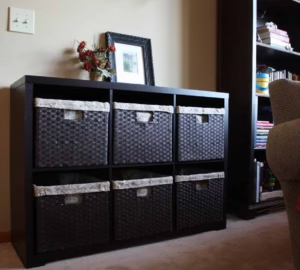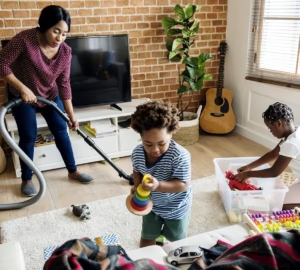In Kenya’s bustling markets and rapidly growing online retail space, distinguishing between genuine and counterfeit goods can be a significant challenge. From electronics and automotive parts to cosmetics, food, and even pharmaceuticals, fake products pose not only a financial risk but often a severe health and safety hazard. At Retail Place, we believe that an informed consumer is a protected consumer. Here’s how you can identify authentic versus counterfeit goods and safeguard yourself.
Why Counterfeits are a Big Deal in Kenya
Counterfeit goods cost Kenya billions of shillings annually, impacting legitimate businesses, reducing government revenue, and, most importantly, endangering consumers. Reports by the Anti-Counterfeit Authority (ACA) show that a significant percentage of products in the market, including those sold online, are fake. This means it’s more crucial than ever for you to be vigilant.
Key Indicators to Spot a Counterfeit Product:
1. Price That’s Too Good to Be True
- Red Flag: If a deal seems incredibly cheap compared to the usual market price, especially for a well-known brand, be highly suspicious. Counterfeiters often lure buyers with unbelievably low prices because their production costs are minimal due to low-quality materials and unethical practices.
- Action: Research the standard retail price from multiple reputable sources before buying.
2. Packaging Quality & Details
- Examine Closely: Authentic products come in high-quality packaging with crisp printing, clear images, and precise branding. Counterfeits often have:
- Poor Print Quality: Blurry images, pixelated logos, faded colors.
- Typos & Grammatical Errors: Misspellings or grammatical mistakes on the packaging or labels are a huge giveaway.
- Substandard Materials: Flimsy cardboard, cheap plastic, poorly sealed boxes.
- Inconsistent Branding: Slight variations in logo, font, or color compared to the genuine brand’s official branding.
- Missing or Incorrect Information: Lack of batch numbers, manufacturing dates, expiry dates, regulatory approvals (like KEBS marks), or contact information.
3. Product Quality & Finish
- Feel and Function: Genuine products are made with attention to detail and quality control. Counterfeits typically cut corners.
- Material Quality: Does the material feel cheap, rough, or different from what you expect from the brand?
- Stitching/Seams: For apparel, look for loose threads, uneven stitching, or poorly finished seams.
- Weight & Feel: Counterfeit electronics or tools might feel lighter or flimsier than the original.
- Functionality: Does the product work as expected? Counterfeit electronics might malfunction quickly.
- Scent: For perfumes, cosmetics, or even food, an unusual or off-putting smell can indicate a fake.
- Taste/Consistency: For food and beverages, any deviation from the expected taste or consistency is a major warning.
4. Place of Purchase & Seller Reputation
- Authorized Retailers: Always prioritize purchasing from authorized dealers, reputable supermarkets, or official brand stores.
- Unusual Sales Channels: Be cautious when buying from street vendors, pop-up stalls in non-designated areas, or unverified online sellers on social media. While some smaller vendors are legitimate, this is a common channel for illicit goods.
- Online Seller Profiles: On e-commerce platforms, check the seller’s ratings, reviews, and the duration they’ve been active. A lack of reviews or very new seller accounts can be risky.
5. Security Features & Verification Apps (Kenya Specific)
- KEBS Mark of Quality: For many products, especially food, beverages, and electronics, look for the Kenya Bureau of Standards (KEBS) Standardization Mark or Diamond Mark of Quality. You can often verify these by sending an SMS with the product’s permit number to 20023, or by using the KEBS mobile app.
- KRA Tax Stamps: For alcoholic beverages, ensure there’s a valid KRA excise stamp. You can use the Soma Label app by KRA to scan the Quick Response Code (QRC) on the stamp to verify its authenticity and ensure taxes have been paid.
- Brand-Specific Authentication: Some international brands have unique serial numbers, holograms, or QR codes that you can scan or enter on their official websites for verification.
What to Do If You Suspect a Counterfeit:
- Do NOT Use or Consume: Especially for critical items like medicine, food, or auto parts, do not use the product. It could be harmful.
- Retain the Product: Keep the product as evidence.
- Report It:
- Anti-Counterfeit Authority (ACA): Report suspected counterfeits to the ACA via their website (aca.go.ke) or their toll-free line (0800211237).
- Kenya Bureau of Standards (KEBS): For products that don’t meet quality standards.
- The Seller/Platform: If purchased online, report the seller to the platform (e.g., Jumia, Kilimall). Dispute the charge with your bank or M-Pesa if possible.
By being informed and vigilant, you can play a crucial role in safeguarding your health, safety, and finances against the threat of counterfeit goods in Kenya. Shop smart, stay safe, and trust your instincts!









